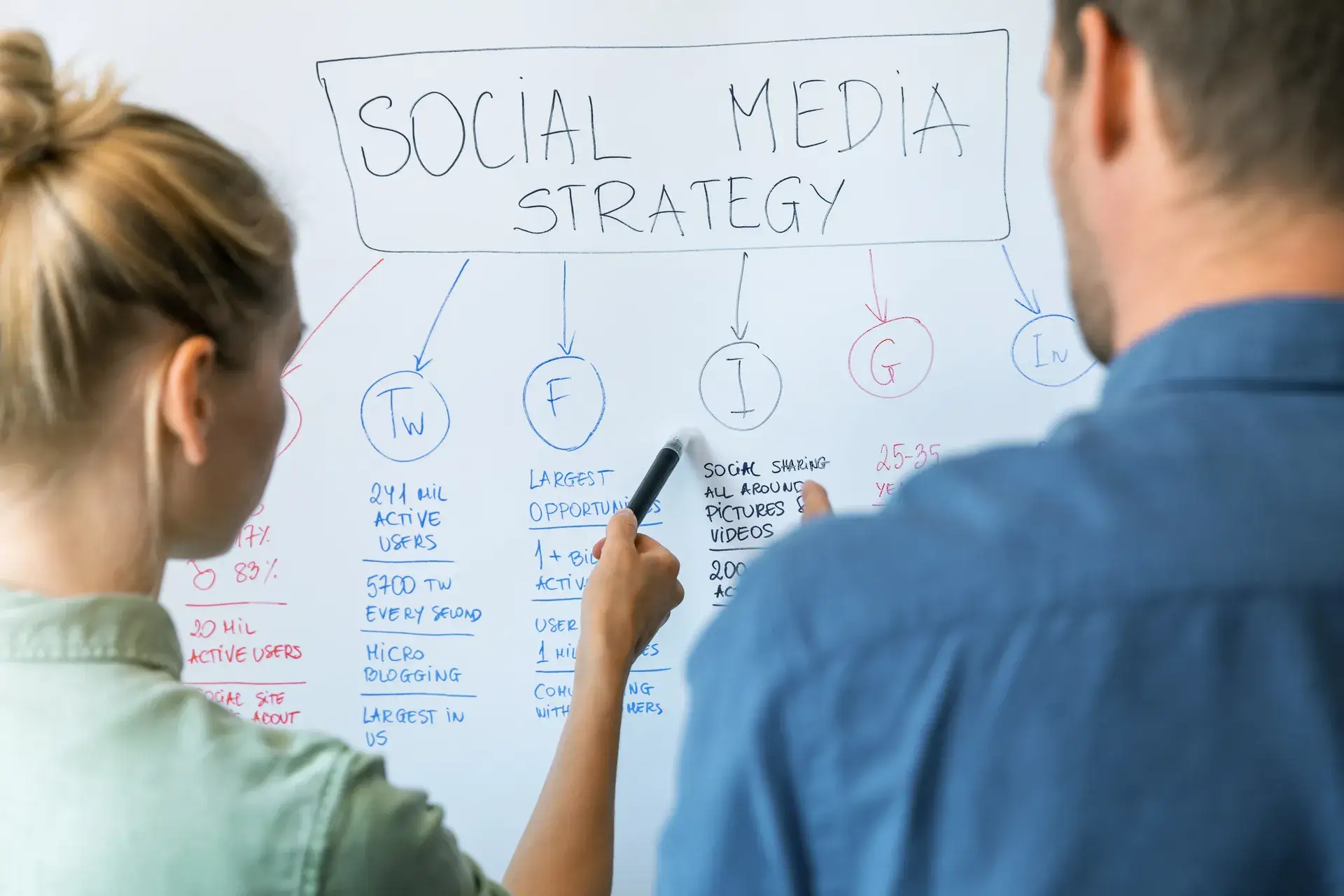As online events become increasingly popular, creating a robust digital marketing strategy is essential for success. Whether you are hosting a webinar, virtual conference, or online workshop, the right strategy can help you reach a wider audience, engage participants effectively, and achieve your event goals. In this guide, we will explore essential components of a digital marketing strategy tailored for online events, ensuring you create a memorable and impactful experience.
Why a Digital Marketing Strategy is Vital for Online Events
Online events face unique challenges compared to traditional in-person gatherings, such as audience engagement and visibility. A well-thought-out digital marketing strategy can help:
- Increase Visibility: Promote your event across various online platforms to reach potential attendees.
- Enhance Engagement: Implement tactics that keep your audience engaged before, during, and after the event.
- Achieve Measurable Goals: Use analytics to track engagement and attendance, allowing for future improvements.
Key Components of a Digital Marketing Strategy for Online Events
1. Define Your Target Audience
Understanding your audience is crucial. Conduct research to identify demographic details and preferences. Consider the following:
- What challenges does your audience face that your event can address?
- What platforms do they frequent?
- What type of content resonates most with them?
2. Choose the Right Marketing Channels
Depending on your audience, select marketing channels that effectively showcase your event. Common options include:
- Social Media: Utilize platforms such as Facebook, LinkedIn, and Twitter to promote your event and engage with potential attendees.
- Email Marketing: Create an email campaign to inform your subscriber list about the event, highlighting its benefits and details.
- Content Marketing: Publish blog posts, videos, or podcasts related to your event topic to create buzz and authority.
3. Develop Engaging Content
The content you produce plays a significant role in attracting your audience. Consider the following strategies:
- Create attention-grabbing visuals and videos to promote the event.
- Develop informative blog posts or articles addressing key topics related to the event.
- Share interactive content like polls or quizzes to generate excitement and engagement.
4. Utilize SEO Best Practices
To improve your event's visibility online, ensure your promotional content is optimized for search engines:
- Include relevant keywords related to your event within your website, blogs, and social media posts.
- Optimize meta tags and descriptions for better search engine ranking.
- Create high-quality backlinks from reputable sources in your industry.
5. Engage During the Event
During the online event, find ways to keep participants engaged:
- Use live polls and Q&A sessions to encourage interaction.
- Incorporate breakout sessions for smaller group discussions.
- Engage participants through live chats, ensuring they feel involved.
6. Follow Up Post-Event
Engagement doesn't end when the event does. The follow-up is vital for maintaining interest and building relationships:
- Send thank-you emails to attendees, including highlights and recorded sessions.
- Request feedback to improve future events.
- Continue promoting relevant content and upcoming events through your established channels.
Conclusion
Implementing a comprehensive digital marketing strategy for online events can set you apart from competitors and ensure a successful experience for your attendees. From identifying your target audience to following up post-event, each component plays a crucial role in enhancing visibility and engagement. At Prebo Digital, we understand the nuances of creating effective digital marketing strategies tailored for events. Reach out today to learn how we can help propel your online events to new heights!














